Articles by Arabic Network for Human Rights Information (ANHRI)
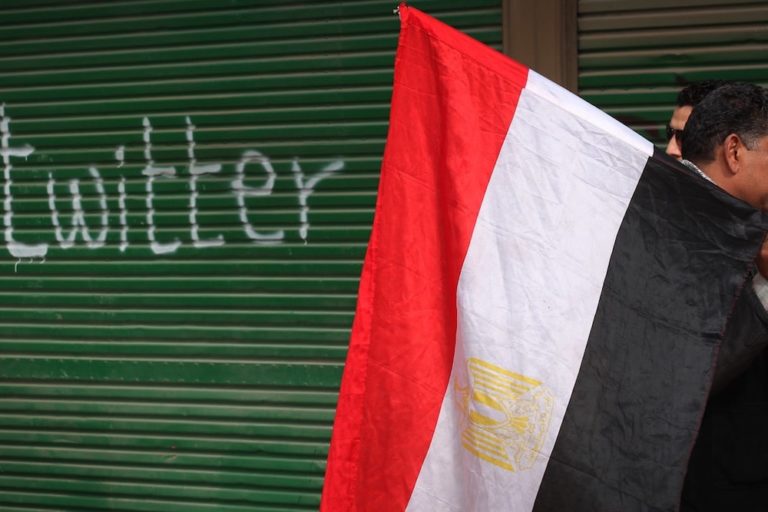
Digital battleground: The Arab World’s struggle for a free Internet continues
In its seventh report on the state of the Internet in the Arab region, the Arab Network for Human Rights Information examines the evolving battle between users and governments for digital rights in the region.
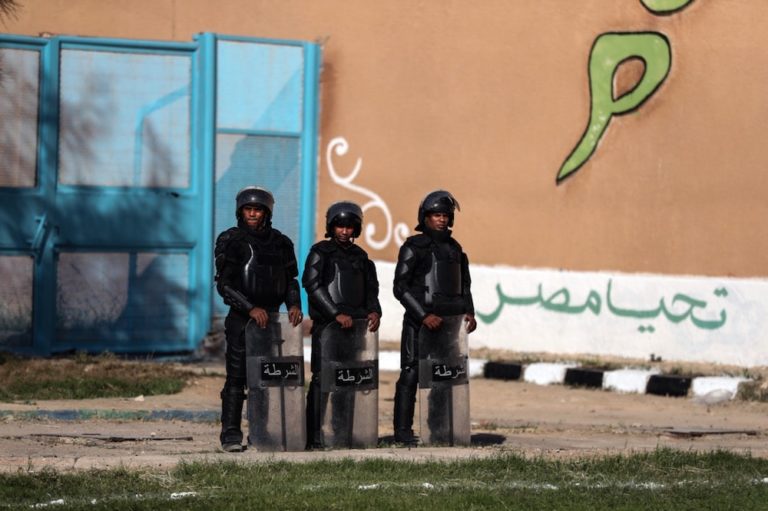
Egypt’s endless jeopardy: How released detainees are re-imprisoned on new charges
IFEX members call for an end to the arbitrary revival of old cases targeting human rights defenders as a mechanism designed to keep them behind bars.

Journalists are disappearing in Houthi-controlled Yemen
As the conflict in Yemen between Houthi forces and the Saudi-Emirati coalition continues, rights groups call for an end to the abduction, torture, and trial of Yemeni journalists.
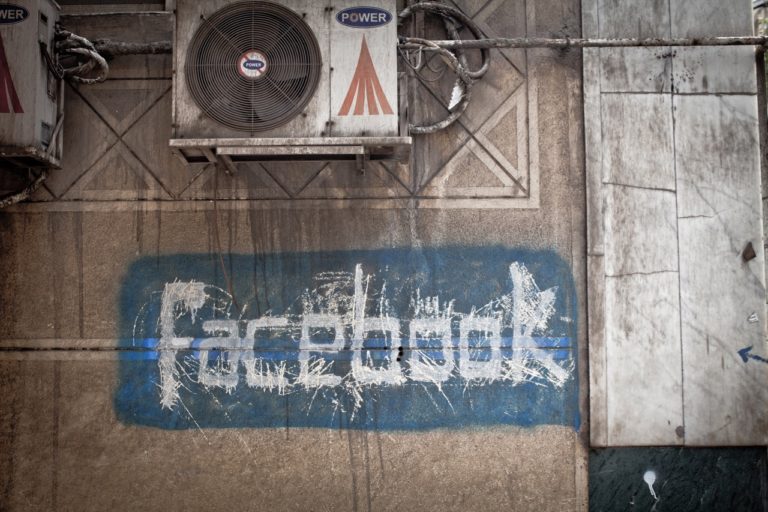
Facebook is the most surveilled website in Egypt
Due to the state’s almost complete control over traditional media, social media platforms have become the main fora for free discussion of ideas and dissent; Facebook users are now the most prosecuted social media users in Egypt.
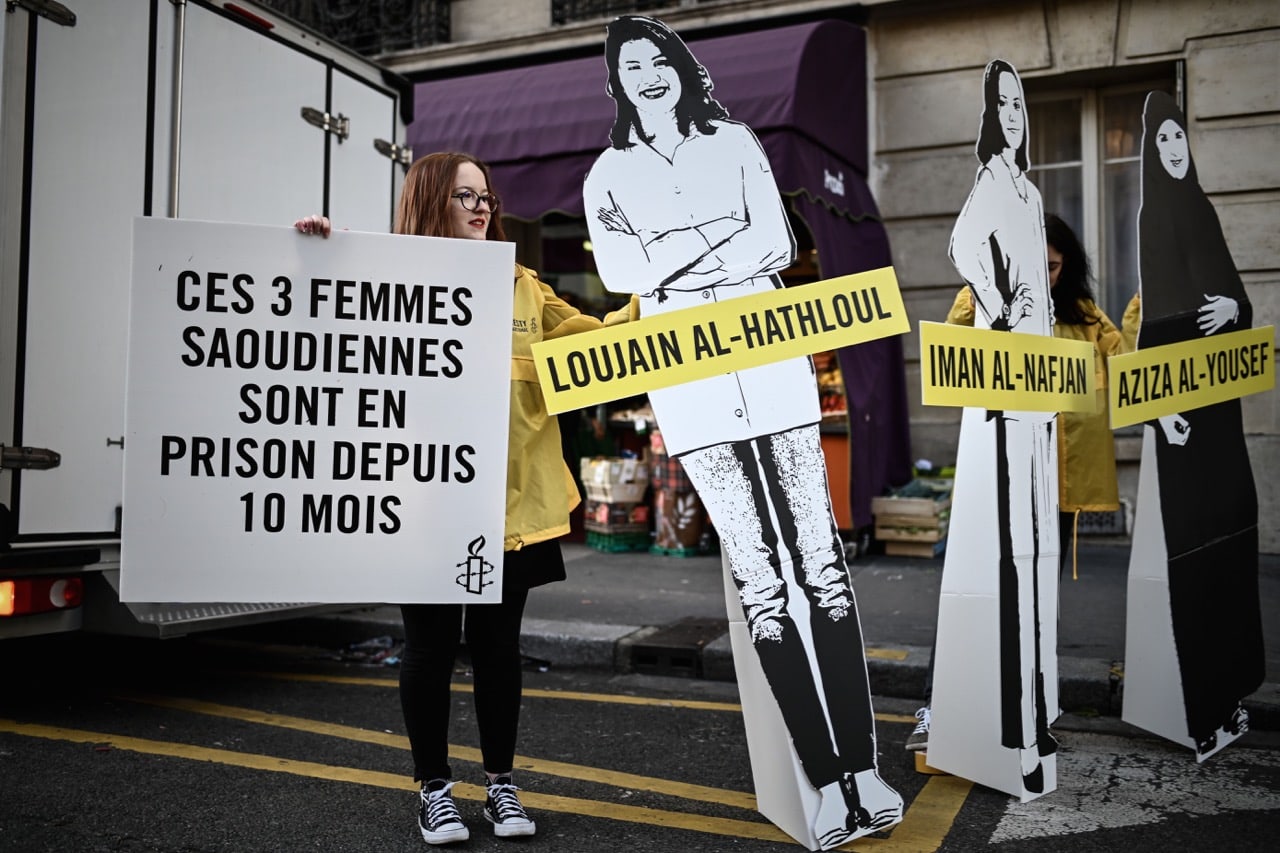
Over 50 human rights groups call for immediate release of Saudi rights defenders
Not only are these women activists facing prosecution without due process, they’ve also subjected them to severe torture, including by sexual violence and electrocution.
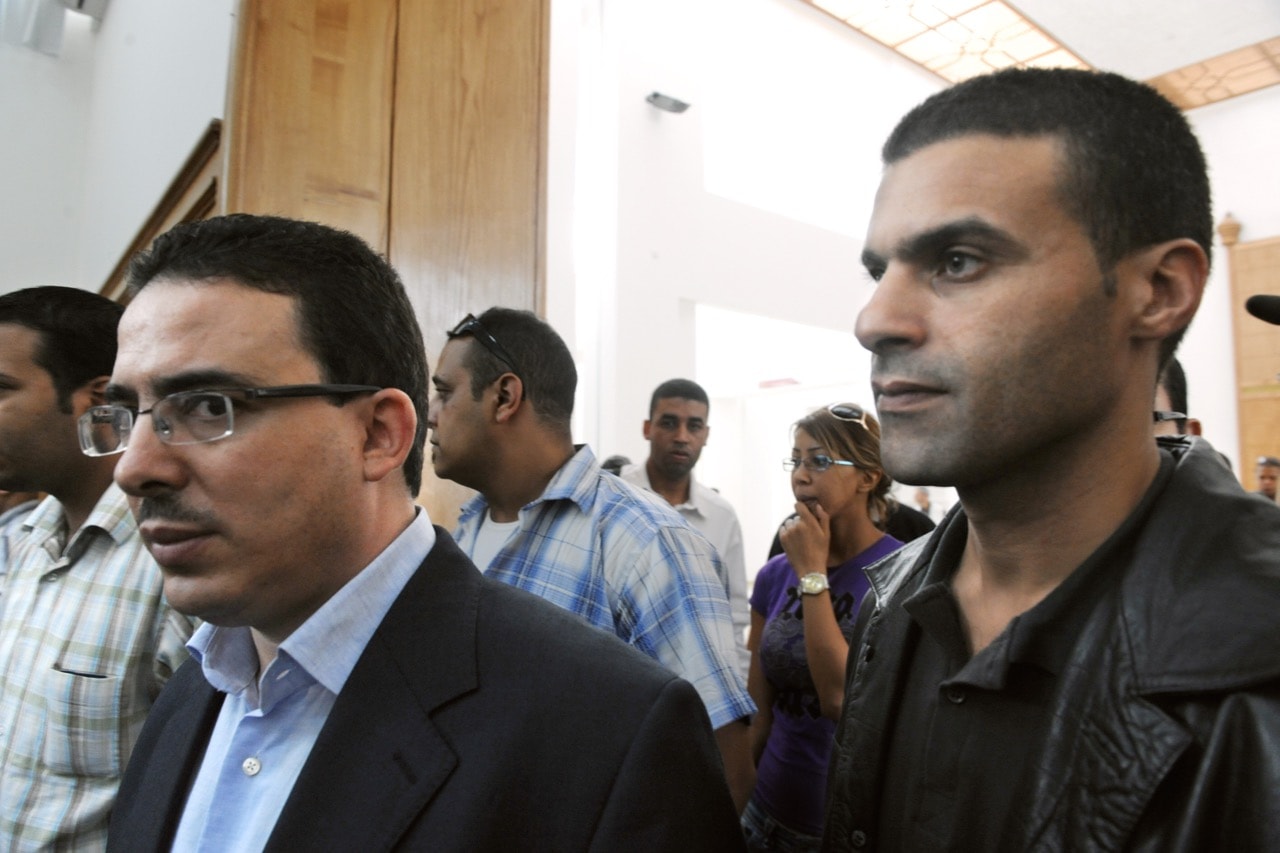
Trial of Moroccan journalist Tawfiq Bouachrine “unfounded”
The United Nations Working Group on Arbitrary Detention confirmed that the charges against Bouachrine are in retaliation for his journalistic work and his criticism of the Moroccan government.
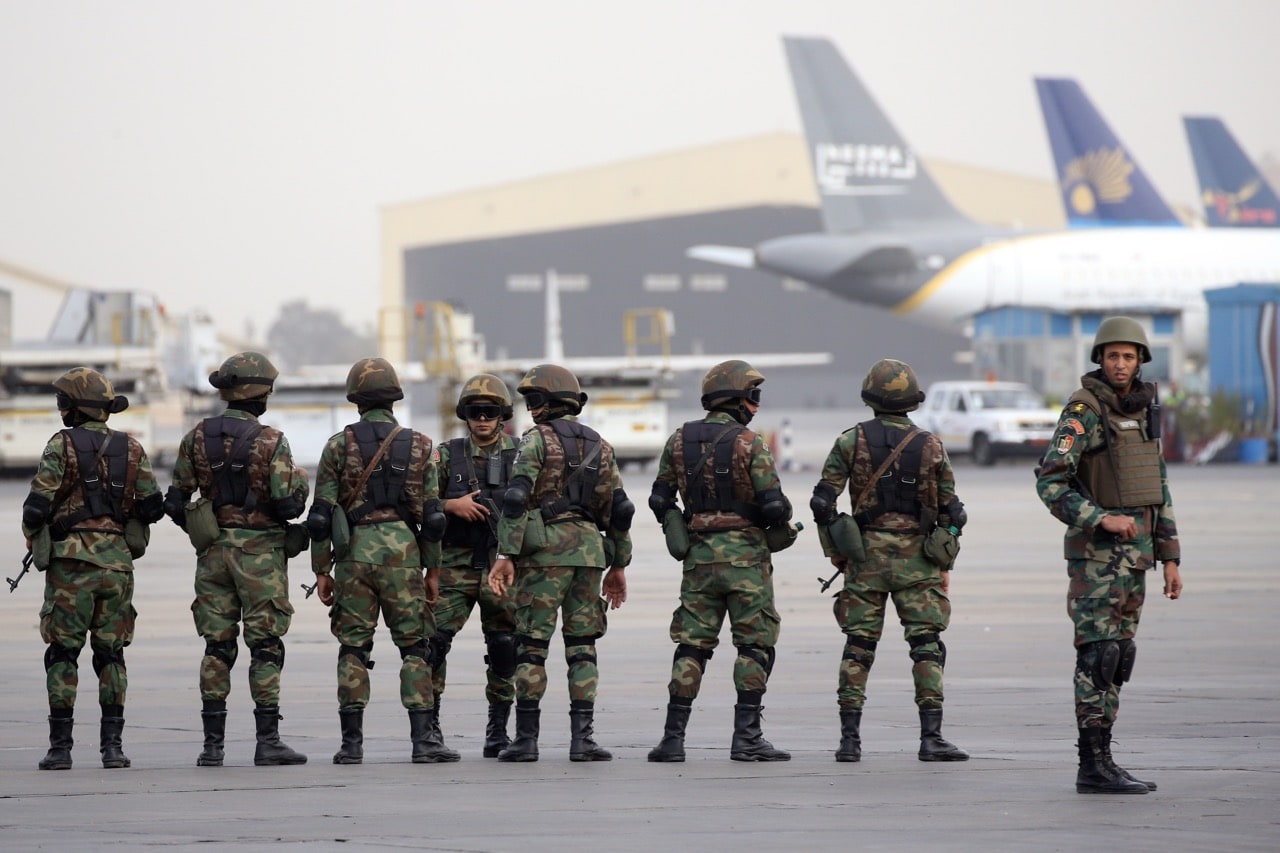
New York Times reporter detained at Cairo Airport and denied entry to Egypt
The barring of NYT correspondent David Kirkpatrick from entering the country is the latest in a series of practices hostile towards freedom of the press.
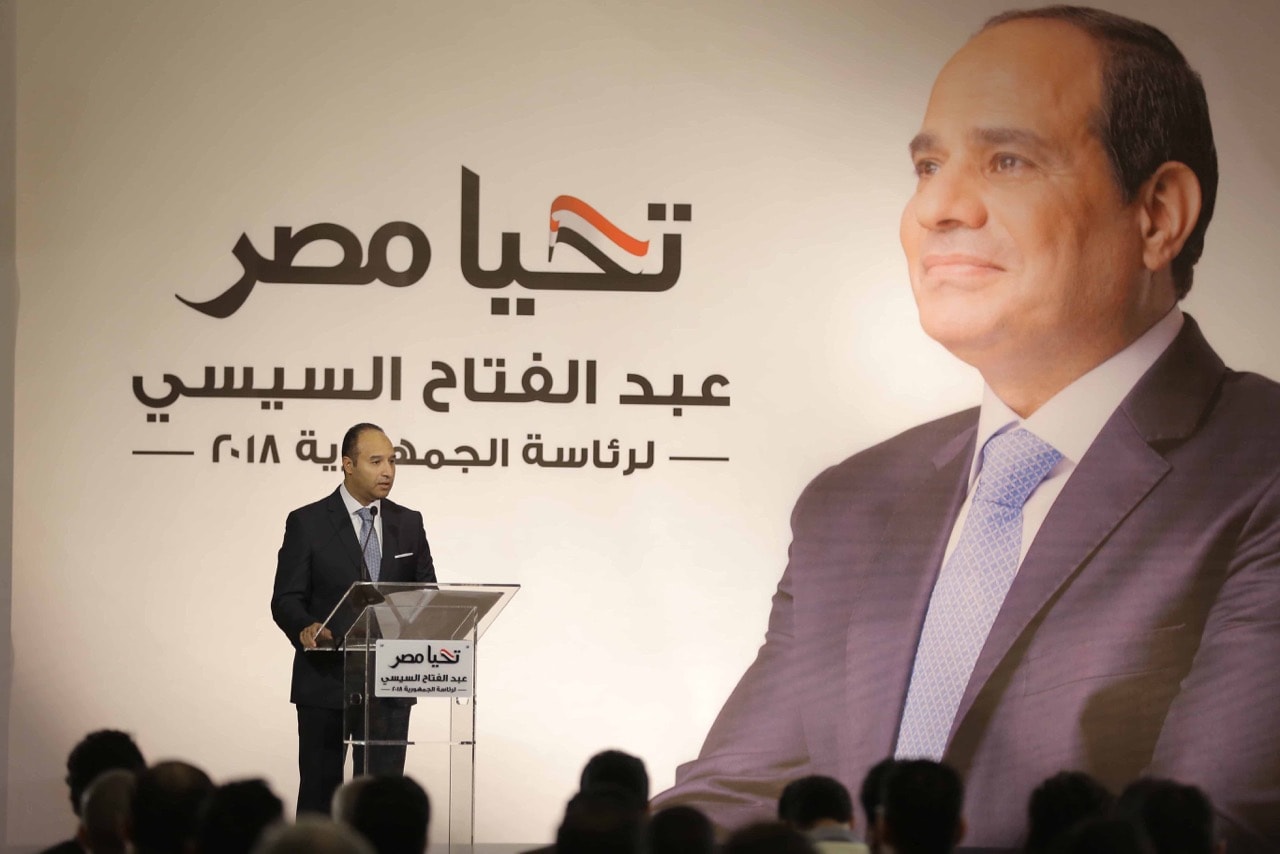
Rights groups call on al-Sisi to uphold constitution and leave office once term ends
Since mid-2013, President Sisi has shut down the public sphere and effectively nationalized the press through the sale of newspapers and private channels to the security apparatus, allowing the state to dominate the media discourse.
